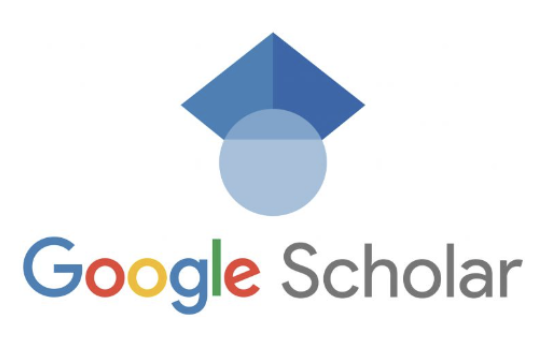What are the disadvantages of Google Scholar – Google Scholar is a widely used platform for academic research, offering a vast collection of articles, books, and other scholarly materials. While it has numerous advantages, it also has its fair share of disadvantages that users should be aware of. In this article, we will explore the drawbacks of using Google Scholar and discuss how they can impact your research process. By understanding these limitations, you can make more informed decisions about incorporating Google Scholar into your academic endeavors.
Limited Coverage and Comprehensiveness
One of the primary disadvantages of Google Scholar is its limited coverage and comprehensiveness. While it provides access to a wide range of scholarly materials, it is not a comprehensive database. It may not include all the relevant articles and research papers that exist on a particular topic. This can be problematic if you are conducting a systematic review or need to ensure that your research is thorough and exhaustive.
Additionally, Google Scholar’s coverage varies across different disciplines and fields of study. It may be more comprehensive in certain areas while lacking depth in others. Therefore, it is crucial to supplement your research with other databases and resources specific to your field to ensure you have a comprehensive understanding of the topic.
Lack of Criteria for Scholarly Results
Unlike other academic databases, Google Scholar does not provide explicit criteria for what makes its search results “scholarly.” As a result, the quality and reliability of the articles and papers retrieved from Google Scholar can vary significantly. It is up to the researcher to assess and determine the suitability and credibility of the sources they find.
Without clear indicators of peer-reviewed or reputable sources, researchers need to exercise caution when relying solely on Google Scholar for their research. It is recommended to cross-reference the findings with other trusted academic databases and publications to ensure the reliability and validity of the information.
Inability to Filter Results
Another disadvantage of using Google Scholar is the lack of advanced filtering options. Unlike dedicated academic databases, Google Scholar does not allow users to limit their search results to peer-reviewed articles, full-text materials, or specific disciplines. This can make it challenging to narrow down search results to find the most relevant and reliable sources.
Without the ability to filter results, researchers may need to spend more time sifting through irrelevant or low-quality articles to find the information they need. This can be time-consuming and may hinder the efficiency of the research process.
Limited Information on Updates
Google Scholar does not provide users with explicit notices or alerts when new materials or updates are added to its database. This lack of information can be problematic for researchers who want to stay up-to-date with the latest advancements and publications in their field.
Without timely notifications, researchers may miss out on important papers and findings that could significantly impact their research. It is essential to supplement Google Scholar with other resources, such as journal subscriptions or academic networks, to ensure you stay informed about the latest developments in your field.
Challenges with Citation Tracking
While Google Scholar offers a citation tracking feature, it has its limitations. The citation tracker can be difficult to use and may not always provide accurate or comprehensive results. Researchers relying solely on Google Scholar’s citation tracker may overlook important citations or encounter inaccuracies in the citation counts.
To overcome these challenges, it is advisable to utilize dedicated citation databases or tools that offer more robust and reliable citation tracking features. These tools can provide a more accurate representation of the influence and impact of a particular article within the scholarly community.
Conclusion
While Google Scholar is a valuable resource for academic research, it is important to be aware of its limitations and disadvantages. Its limited coverage, lack of clear criteria for scholarly results, inability to filter search results, limited information on updates, and challenges with citation tracking can impact the efficiency and reliability of your research.
To mitigate these drawbacks, researchers should supplement their use of Google Scholar with other academic databases and resources specific to their field. By combining multiple sources, researchers can ensure a more comprehensive and reliable research process.

